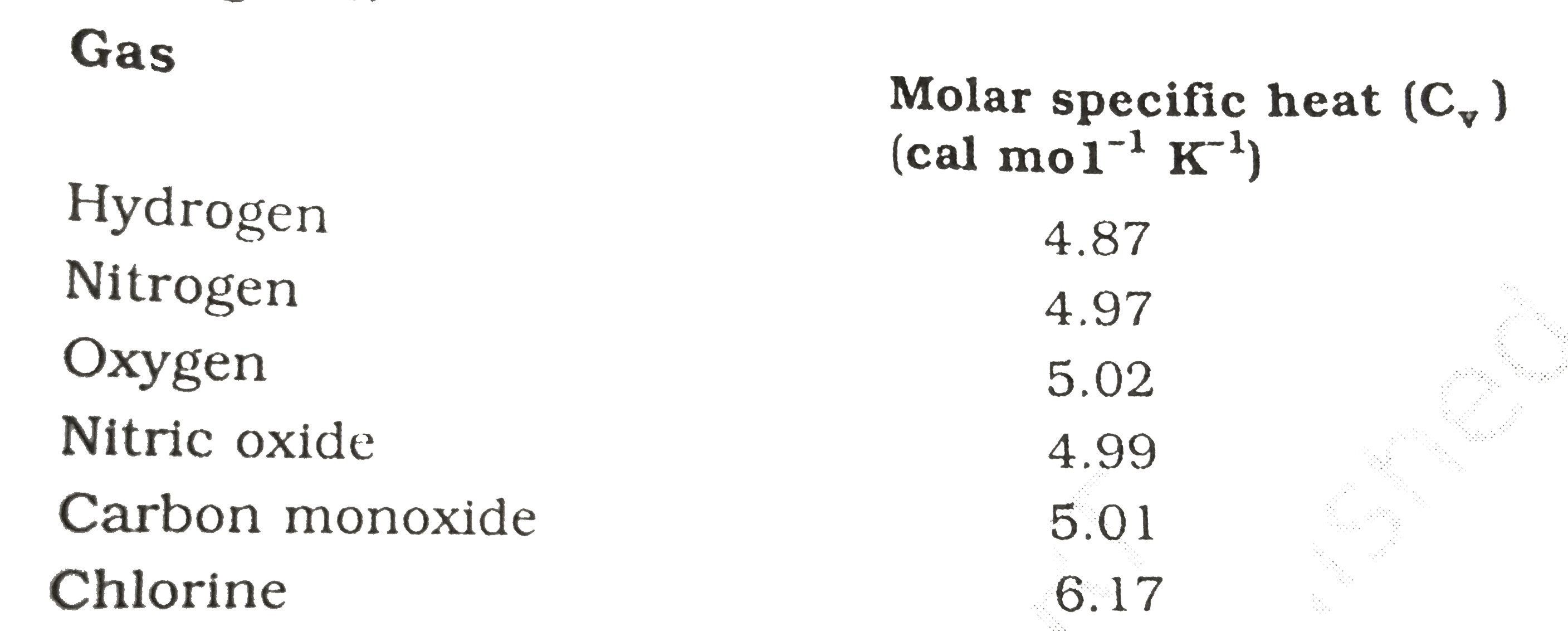If radiation correction is not considered in specific heat measurement. The measured value of If radio specific heat will be
more than its actual value.
less than its actual value.
remains same as actual value.
none of these.
The correct Answer is:A
To solve the problem regarding the measured value of specific heat when radiation correction is not considered, we can follow these steps:
1. Understanding Specific Heat:
Specific heat (c) is defined as the amount of heat (Q) required to change the temperature (ΔT) of a unit mass (m) of a substance. The formula is given by:
c=QmΔT
2. Considering Radiation Correction:
In a real-world scenario, when measuring specific heat, heat loss due to radiation can occur. If we do not account for this radiation loss, the heat measured (Q) will be higher than the actual heat absorbed by the substance.
3. Effect on Measured Temperature Change:
If radiation losses are not considered, the temperature change (ΔT) observed will be greater than it would be if radiation were accounted for. This is because the heat that should have been lost to radiation is instead contributing to the temperature change.
4. Resulting Calculation:
If we denote the actual specific heat as cactual and the measured specific heat as cmeasured, we can express this relationship as:
cmeasured=QmeasuredmΔTmeasured
Since Qmeasured>Qactual and ΔTmeasured>ΔTactual, it follows that:
cmeasured>cactual
5. Conclusion:
Therefore, if radiation correction is not considered in specific heat measurement, the measured value of specific heat will be more than its actual value.
Final Answer:
The measured value of specific heat will be more than its actual value.
Specific heat (c) is defined as the amount of heat (Q) required to change the temperature (ΔT) of a unit mass (m) of a substance. The formula is given by:
c=QmΔT
In a real-world scenario, when measuring specific heat, heat loss due to radiation can occur. If we do not account for this radiation loss, the heat measured (Q) will be higher than the actual heat absorbed by the substance.
If radiation losses are not considered, the temperature change (ΔT) observed will be greater than it would be if radiation were accounted for. This is because the heat that should have been lost to radiation is instead contributing to the temperature change.
If we denote the actual specific heat as cactual and the measured specific heat as cmeasured, we can express this relationship as:
cmeasured=QmeasuredmΔTmeasured
Since Qmeasured>Qactual and ΔTmeasured>ΔTactual, it follows that:
cmeasured>cactual
Therefore, if radiation correction is not considered in specific heat measurement, the measured value of specific heat will be more than its actual value.
The measured value of specific heat will be more than its actual value.
Similar Questions
Define specific heat of body.
View SolutionThe dimensional formula for specific heat is
View SolutionWater has high specific heat due to
View SolutionSpecific Heat Capacity
View SolutionDefine specific latent heat of fusion
View SolutionCan specific heat of a gas be negative?
View SolutionWrite the approximate value of specific latent heat of ice.
View SolutionGiven below are observations on molar specific heats at room temperature of some common gases

The measured molar specific heats of these gases are markedly different from those for monatomic gases. Typically, molar specific heat of a monatomic gas is 2.92 cal/mol K. Explain this difference. What can you infer from the somewhat larger (than the rest) value for chlorine ?
View SolutionSpecific heat of a substance can be
View SolutionSpecific heat capacity of water is
View Solution